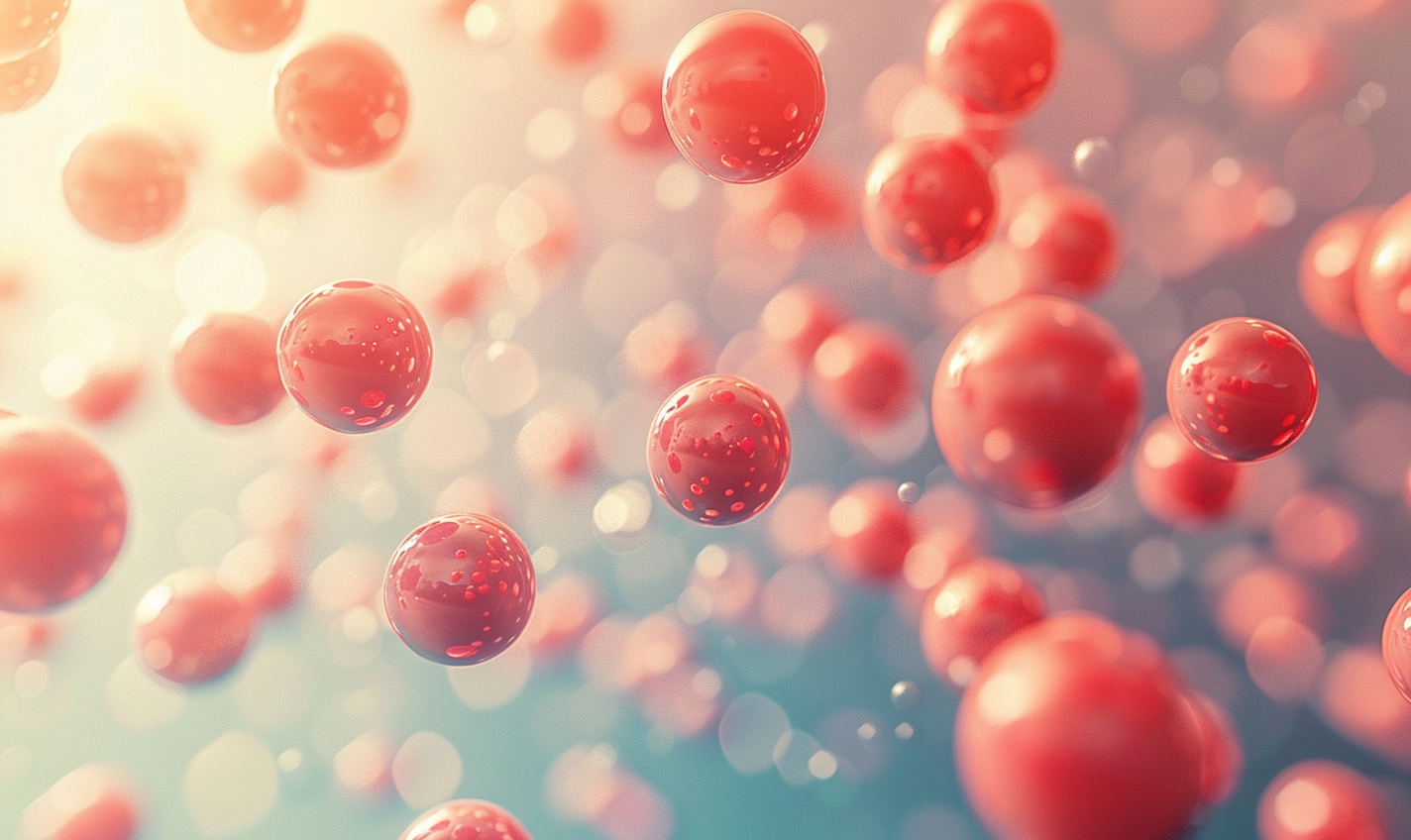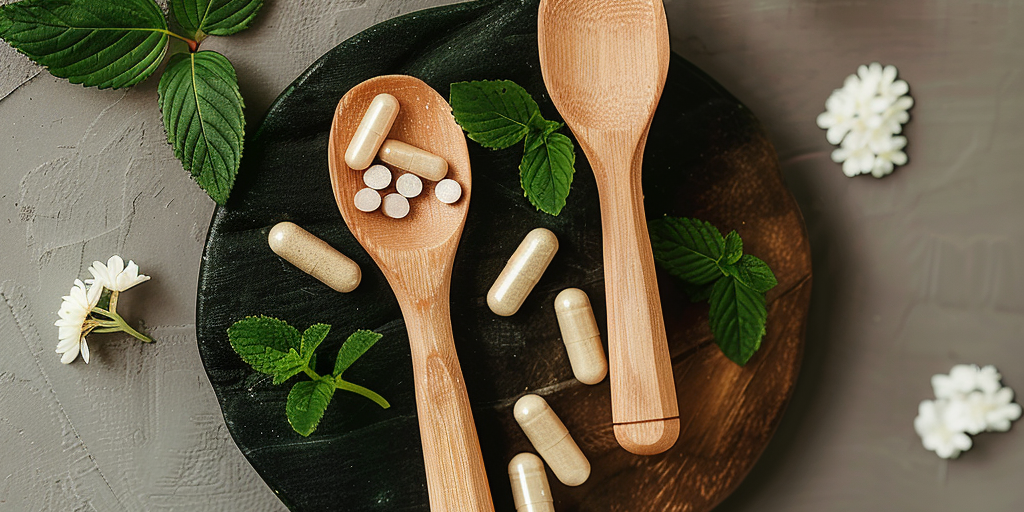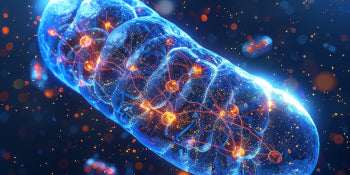The role of free radicals in the body

Free radicals are highly reactive and unstable molecules produced by oxygen metabolism. Free radicals have one or more unpaired electrons and to return to a situation of equilibrium they are forced to "steal" an electron from another molecule, causing its oxidation. In this way, a chain oxidation mechanism is triggered, since the molecule from which the radical has stolen the electron, will also become unstable and in turn will oxidize other molecules to achieve stability. For this reason, free radicals are called oxidizing molecules.
THE POSITIVE ROLE OF FREE RADICALS
Oxidants, in small quantities, are essential elements for the growth and development of the organism. They play a key defense role as they help destroy pathogens that attack our immune system. The problem arises when the balance between antioxidant defenses and free radical production is broken, as an accumulation of the latter is created. An excessive concentration of free radicals causes oxidative stress which contributes to the origin of various serious diseases.
THE PROBLEM OF FREE RADICALS
Normally, our body sets up defense mechanisms against free radicals and consequently naturally fights oxidative stress. Causes of different nature can cause an increase in the amount of free radicals in the body and decrease the antioxidant capacity of the cells. Free radicals can attack molecules that are essential to the life of the cell itself, such as proteins, DNA, phospholipids or nucleic acids, causing serious cell dysfunction. In turn, these elements, damaged, cause the onset of diseases of the cardiovascular system, rheumatoid arthritis and neurodegenerative diseases up to tumor genesis.
WHAT ARE THE CAUSES OF OXIDATIVE STRESS?
The main causes of oxidative stress are:
- Messy life: Smoking, excessive exposure to sunlight and a low level of antioxidants are primarily responsible for an increase in free radicals and harmful molecules. It is essential to follow a healthy and balanced diet rich in antioxidants such as Vitamin C, Vitamin E and Flavonoids, elements found mainly in fruit, vegetables, oilseeds and vegetable oils, but also in dark chocolate and red wine;
- Pollution: During the day we are constantly exposed to a wide variety of pollutants. Our body implements defense mechanisms, which are still not fully known today. Despite this, prolonged contact with harmful substances, inhaled or ingested, greatly increases the formation of free radicals;
- Stress: The hormones involved in stress can become free radical producers. In fact, a prolonged stress condition not balanced by adequate body defenses generates a global worsening of the individual's mental and physical condition due to the increase in free radicals.
WHAT RELATIONSHIP IS BETWEEN FREE RADICALS AND MITOCHONDRIA?
Mitochondria are organelles present in large quantities within the cell, they are considered power plants and their efficiency is synonymous with the health and vitality of the organism. In addition to producing energy, mitochondria seem to be among the main responsible for the formation of free radicals. When mitochondria weaken, or are damaged, they no longer carry out the breathing process properly. Free radicals are thus formed in the mitochondria with possible impairment of cellular activity.
Find out here the article on Mitochondria, the innovative Syform product with the ability to disable the formation of free radicals!

